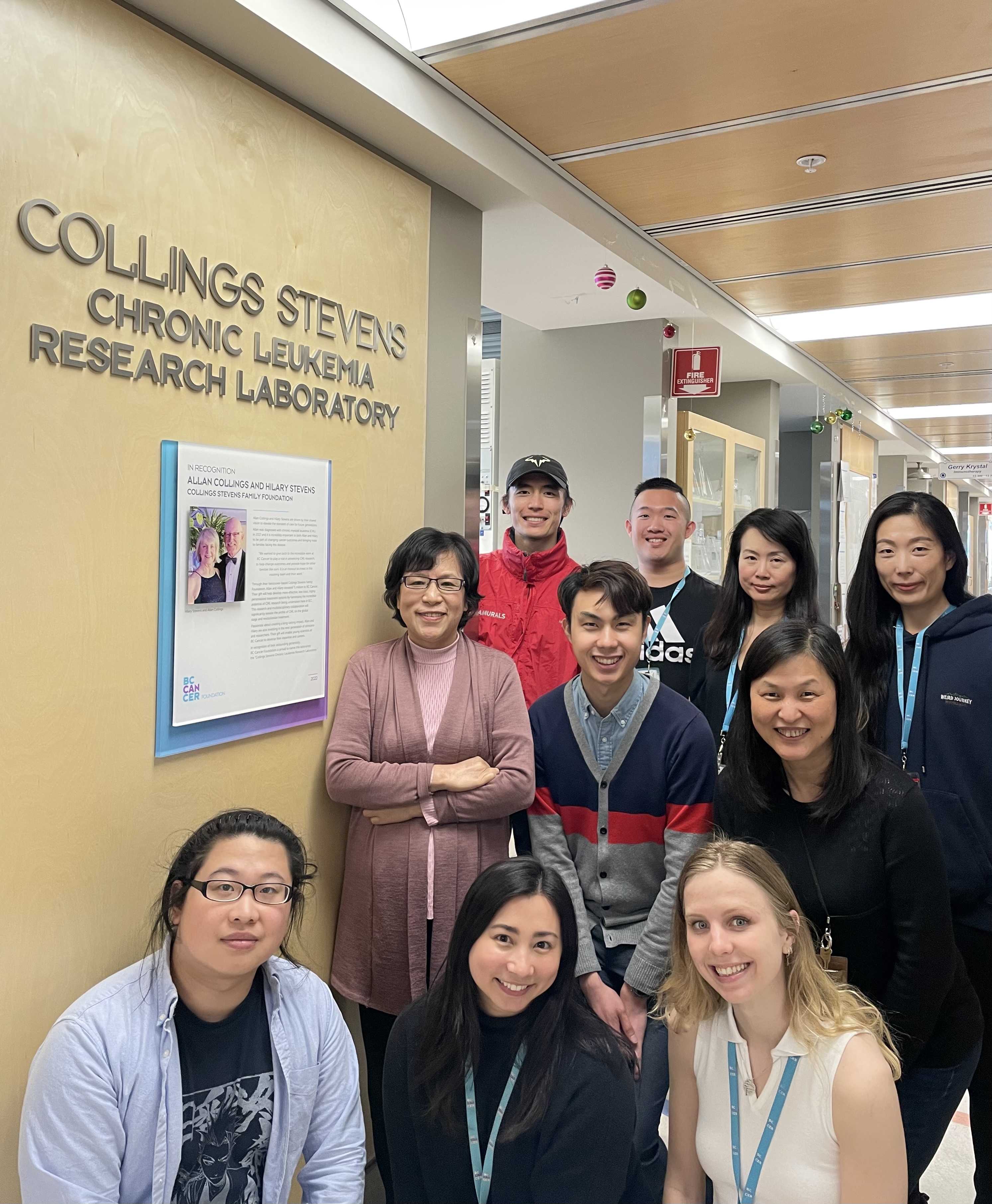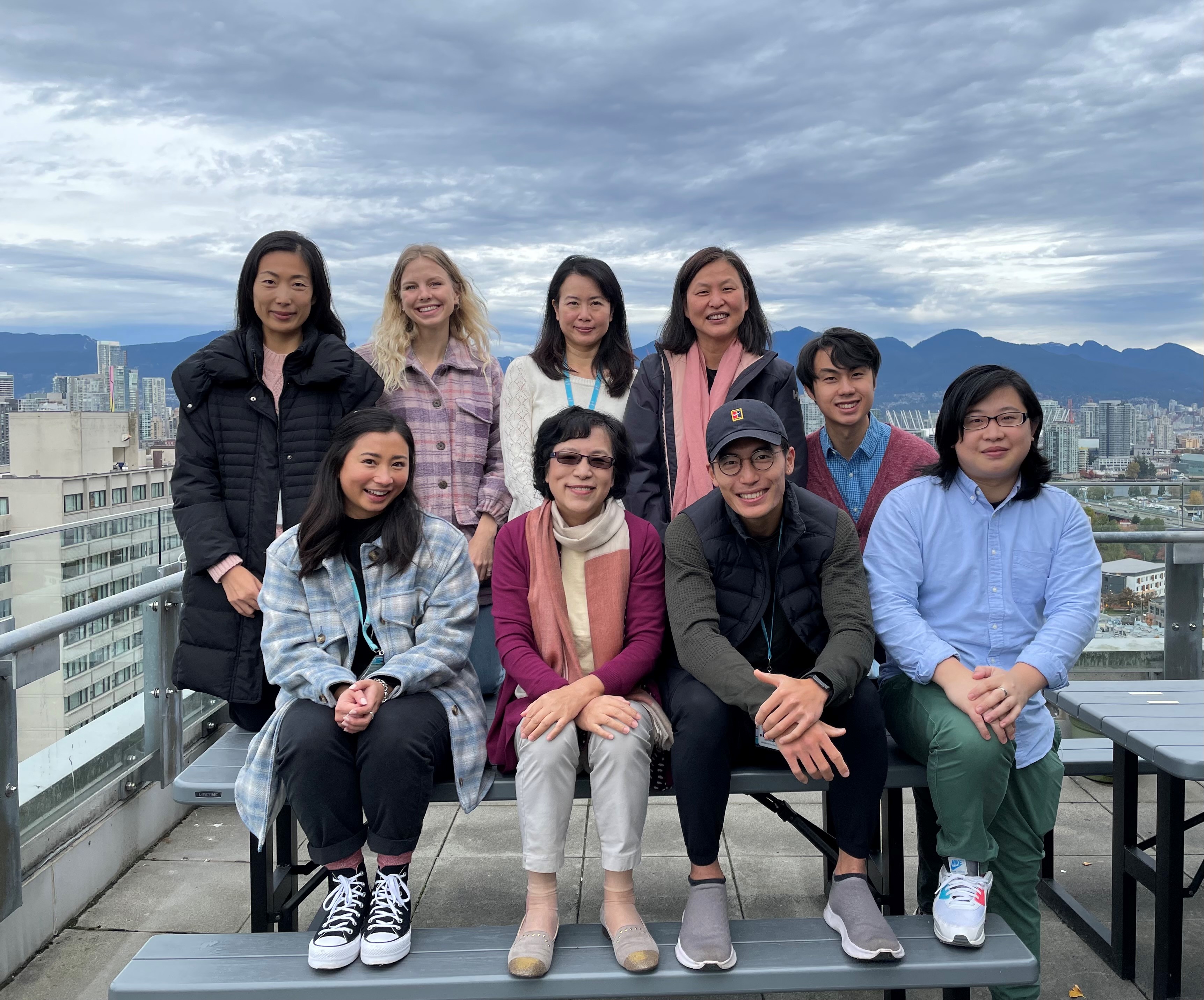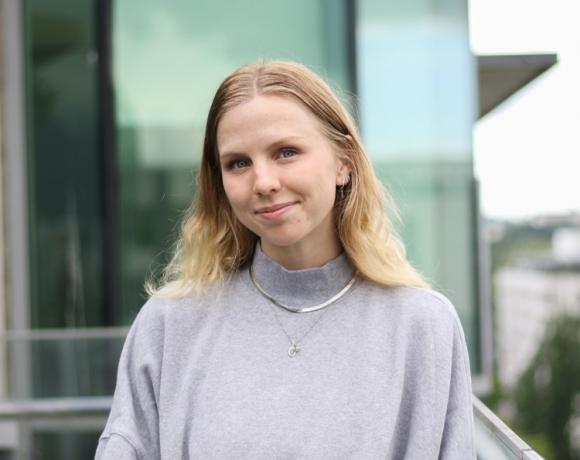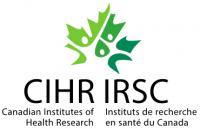

Our research objectives are currently focused on two lines of investigation. One is basic investigation of the molecular mechanisms of several newly identified cancer driver genes, as potential therapeutic targets that contribute to the pathogenesis and drug resistance of a number of human leukemias and lymphomas. Our state-of-the art research analyzes molecular and biological perturbations in primary human leukemic cells, including patient’s quiescent leukemic stem cells and uses global gene expression profiling, single cell RNA-sequencing and proteomic studies in overexpression and knockdown in vitro and in vivo mouse and patient-derived xenograft models. Using these advanced techniques, we have recently demonstrated that AHI-1 (Abelson helper integration site-1), a scaffold oncoprotein, is highly deregulated in BCR-ABL+ leukemic stem cells and interacts with multiple kinases and other proteins (BCR-ABL, JAK2, β-catenin, DNM2, PP2A and γ-Tubulin, etc) to enhance leukemia-initiating activity and drug-resistance to tyrosine kinase inhibitors (TKIs) in chronic myeloid leukemia (CML). We have also been exploring new, complementary therapeutic strategies that can synergistically target key molecular events active in leukemic stem cells and their associated bone marrow niche, autophagy, mitochondrial dynamics/metabolic regulation and the Hedgehog signaling pathway, etc, and have uncovered ILK, ATG4B, PP2A and several miRNAs/target genes as potential biomarkers and therapeutic targets in CML stem/progenitor cells. Understanding dynamic changes in molecular and signaling events regulated by these critical drivers/networks essential for leukemic stem cell functionality/drug resistance will lead to the development of more effective, molecularly targeted therapies, critical especially for patients at high risk of drug resistance and disease progression.
The second line of our investigation is a translational research effort in human leukemia, which aims to develop new predictive and prognostic tests and improved treatments for human leukemia, in collaboration with local and global clinical leaders, experts in medicinal chemistry, drug design, biomaterials and drug delivery, as well as large drug companies. We have recently identified several unique features of CML stem/progenitor cells and miRNAs/target genes, which lead to their intrinsic resistance to TKI therapies and might be expected to predict responsiveness of patients to TKI therapy. These predictive tests will rapidly identify patients who will not benefit from standard TKI monotherapies, so that they may be considered rapidly for transplant-based or novel combination treatments, to significantly improve outcomes. In collaboration with pharmaceutical companies, we have also been testing new therapeutic agents/inhibitors and combination treatment strategies that can effectively eradicate drug-resistant CML and acute myeloid leukemia (AML) stem/progenitor cells, by exploring novel oncolytic virotherapy, immunotherapy and nonviral gene therapy, using our well-established in vitro and PDX models. These studies have led to several FDA-approved drugs for the treatment of leukemia patients.












